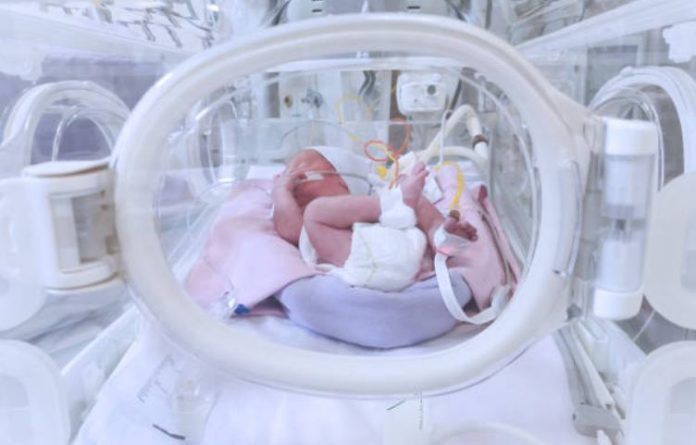75 percent of babies die due to premature birth and 50 percent risk long-term handicaps. Early-onset neonatal sepsis (EONS) is a bacterial infection, which is related to premature birth, causing illness and death.
In a study by the Institutes of Health/Eunice Kennedy Shriver National Institute of Child Health and Human Development, researches detected biomarkers, which can supply crucial information on the inflammation and infection and help researchers determine how the bacterial infection develops.
When examining the amniotic fluid of a foetus, physiological changes were detected when exposed to infection. During the research, analysts found that biomarkers have different functions when EONS is present and can determine how the foetus reacts to the infection.
They analyzed the protein in the blood from the umbilical cord of premature babies with sepsis, and with a special technique, determined the formation of the proteins’ physiological pathways, in order to compare them with healthy babies.
Currently, all women who may risk giving birth to premature babies infected with EONS are being treated with antibiotics to anticipate the infection.
The drawback of this treatment is that if an infection due to EONS is actually present, the antibiotics will disguise the results of analysis and eventually result in the infection becoming immune to them.
If researchers can detect EONS in babies at an earlier stage, only those who really need to will be treated with antibiotics thus avoid the destructive consequences of the infection.

